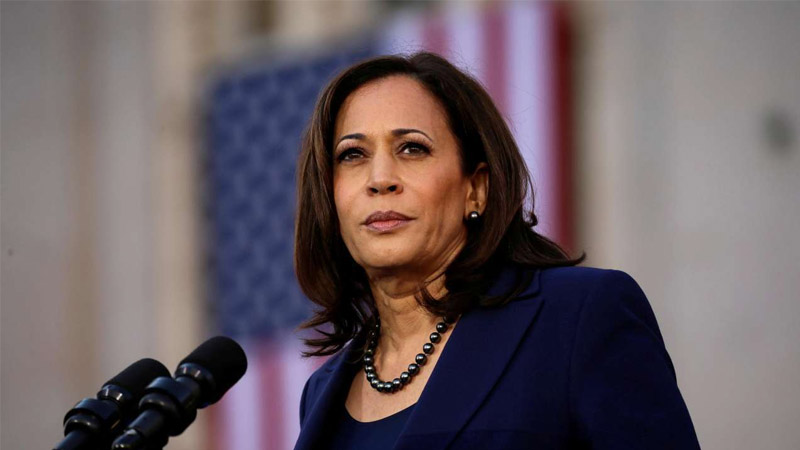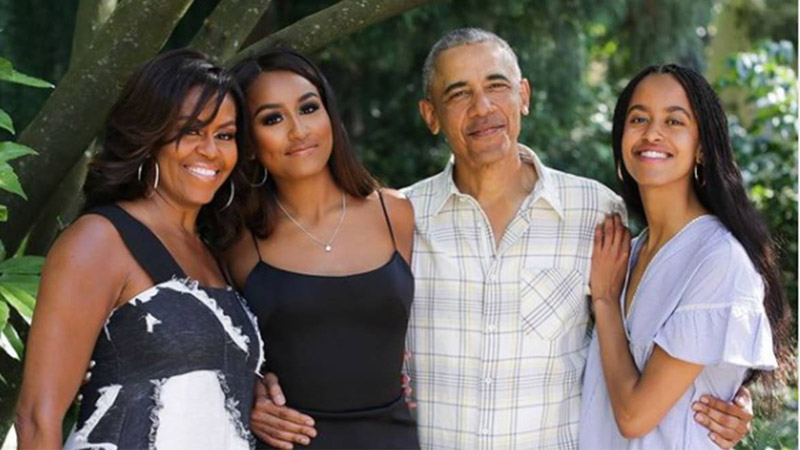Former Trump Officials Reveal Alarming Details of Disaster Relief Decisions Based on Political Gain

(AP Photo/Rick Scuteri)
Two former Trump administration officials have come forward with troubling insights into how the former president approached providing disaster relief to American citizens, revealing a pattern of prioritizing political gain over genuine aid.
In an interview with E&E News, Mark Harvey, who served as Trump’s senior director for resilience policy on the National Security Council staff, disclosed that the former president was reluctant to approve disaster relief for California during devastating wildfires because the state had overwhelmingly voted against him in the 2016 election. Harvey recounted that in order to secure Trump’s authorization for aid, he had to emphasize Republican support in certain areas, specifically Orange County, to sway the president.
“We went as far as looking up how many votes he got in those impacted areas… to show him these are people who voted for you,” Harvey explained. This tactic eventually persuaded Trump to approve disaster relief, but it underscored a disturbing reality: Trump viewed disaster aid primarily through the lens of political self-interest.
“There’s no empathy for the survivors,” Harvey said. “It is all about getting your photo-op, right? Disaster theater to make him look good.”
Harvey’s account was corroborated by Olivia Troye, another former Trump official, who revealed that she frequently had to turn to Vice President Mike Pence to ensure Trump fulfilled his basic duties in providing aid after natural disasters. Troye explained that Trump’s reluctance to help stemmed from his fixation on how aid might benefit or harm his political standing.
She expressed concern about the potential consequences if Trump were to win a second term, warning that without individuals like her or Harvey to mitigate his impulses, the situation could worsen. “It’s not going to be about that American voter out there who isn’t even really paying attention to politics, and their house is gone,” Troye said. “The president of the United States is judging them for how they voted, and they didn’t even vote.”
These revelations paint a stark picture of Trump’s disaster response approach, suggesting that aid was often contingent on whether the affected areas offered him political benefit, rather than being driven by empathy for the victims or a sense of duty to serve all Americans.


